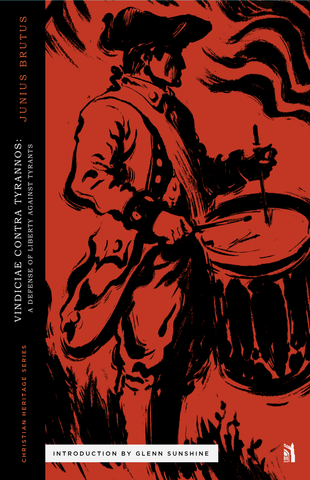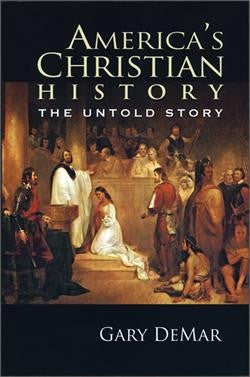Ezra Stiles rarely makes even an obscure footnote in most American history texts, yet he was probably the most broadly learned man on the continent during the era of American independence. His book, The United States Elevated to Glory and Honor, presented here, is a showcase of his tremendous gifts, energy, and enthusiasm.
Stiles considered America as a parallel to -- perhaps even an extension of -- God's covenant promises from deep in the Old Testament.
He begins with the text, Deuteronomy 26:19:
And to make thee high above all nations which he hath made, in praise, and in name, and in honor; and that thou mayest be a holy people unto the Lord thy God.
With God's covenant as the foundation, Stiles refers to "God's American Israel." To this he added that obedience to God was required for national happiness and prosperity (Deut. 29:10, 14; 30:9, 19). Conversely, national disobedience would lead to "the judicial chastisement of apostasy."
Based on these ideas, Stiles ordered his message to the state house according to two heads: 1) On what basis could America expect God’s blessings, and 2) that dominion and civil polity will remain imperfect unless "the true religion" is diffused among the people.
In other words, civil government is not an end in itself, but rather should be, along with the people themselves, a servant of God.
As Stiles sums, "Holiness ought to be the end of all civil government."
Stiles fiercely defended private property, ownership, and representative government as the essential elements of a free society. He upheld the right of resistance and revolution against unjust governments, and opposed the institution of slavery. With the profusion of liberty, he rightly argued, would be a profusion of free markets and international commerce:
"Our trade opens to all the world," and though tenuous at first, "commerce will find out its own system, and regulate itself in time." This 1783 sermon, The United States Elevated to Glory and Honor, bears a profound message that reaches all the way to the United States of today.
This newly typeset and thoroughly annotated edition adds historical context and illumination through dozens of explanatory footnotes as well as an Introduction by Joel McDurmon.
About the Author: Ezra Stiles (1727 - 1795) was an American academic and educator, minister, theologian and author. He was president of Yale College (1778–1795). Stiles' knowledge of Hebrew enabled him to translate large portions of the Hebrew Old Testament into English.







